
Expiring Food: Should You Buy It or Not? The Answer Might Be the Opposite of What You Think
When shopping for groceries, it’s common to check the expiration dates on products. Most people are conditioned to avoid buying items that are nearing their expiry, assuming they’re no longer safe to consume. However, the truth about purchasing expiring food is often more complex than many realize. In fact, in certain circumstances, buying food that’s close to its expiration date may be a smarter choice than avoiding it altogether. This article will explore both sides of the argument, providing insight into why you might want to reconsider your approach to expiring food.
The Common Belief: Avoid Expiring Food
Most people’s instinct is to avoid food that is nearing its expiration date. The reasoning is simple: expired food may lose its flavor, texture, or even pose health risks. We’ve all been told that eating expired food could lead to foodborne illnesses or an upset stomach, and these warnings often drive us to choose fresher items instead.
For perishable goods like dairy, meat, or ready-to-eat meals, the risk of spoilage is genuine, especially when they are past their expiration dates. Products like milk, yogurt, and pre-cooked meals should be handled with care and consumed within the recommended period. The likelihood of bacterial growth increases as time passes, and this can be dangerous for anyone consuming the product. This is why many people opt to buy items that are far from their expiry dates, assuming they are safer and of better quality.
The Other Side: Benefits of Buying Expiring Food
While the common belief might lean towards avoiding products close to their expiration dates, there are reasons why purchasing them may be a good decision. Here are some points to consider before you make that decision:
1. Better Prices and Discounts
One of the main advantages of buying food that is nearing its expiration date is the significant discount often offered by stores. Retailers usually mark down products that are close to expiring in an effort to clear out their inventory and make room for fresh stock. This means you can find quality products at a fraction of the cost. For instance, you might find organic milk or premium cuts of meat at a 30% or even 50% discount just because they have a few days left before expiration.
2. Extended Shelf Life for Some Products
Not all products spoil immediately after reaching their expiration date. Many items, especially dry foods, canned goods, or frozen products, have much longer shelf lives than their expiration dates suggest. These items can last for months or even years beyond the printed date if stored properly. For example, canned beans, pasta, and rice, or frozen vegetables, may remain safe to eat for quite some time after their expiration date. In these cases, the expiry date is often just a guideline for peak quality, not an indicator of when the food becomes unsafe.
3. Reducing Food Waste
One of the most compelling reasons to purchase expiring food is the opportunity to reduce food waste. Every year, millions of tons of edible food are discarded simply because it’s nearing or has passed its expiration date. By buying these items, you are not only saving money but also helping to reduce the environmental impact of food waste. This is an especially important consideration in a world where food security and sustainability are becoming increasingly significant global issues.
4. Products with Short Expiration Dates Can Be Used Immediately
If you're planning to cook or eat the product right away, the expiration date may not be as important. For example, buying bread that is close to expiring doesn’t matter if you're planning to toast it for breakfast or use it in a sandwich that same day. Similarly, if you are purchasing fresh fruits and vegetables, they can often be consumed quickly in smoothies, salads, or soups, making the expiration date less of an issue.
5. Understanding "Best Before" vs. "Expiration Date"
It’s important to understand the difference between "best before" and "expiration date." "Best before" dates are used to indicate the period during which the product is expected to be at its best quality in terms of flavor and texture. These products are often perfectly safe to eat after the date has passed, although their quality may begin to decline. On the other hand, the "expiration date" is typically used for perishable items like medications or baby formula, indicating when the product should no longer be consumed. Understanding these terms can help you make better decisions about which products are worth purchasing as they near their dates.
The Risks: When Expiring Food Should Be Avoided
While there are advantages to buying expiring food, there are still valid reasons to avoid certain items. For example, items like fresh seafood, poultry, and dairy should generally be avoided if they are close to their expiration date, as they can spoil quickly and lead to foodborne illnesses. Similarly, refrigerated or frozen foods that are past their expiration date should be discarded, especially if they’ve been improperly stored or the packaging shows signs of damage.
Always use your senses to check if the product is still safe to consume. Look for any visible signs of spoilage, such as mold, strange odors, or changes in texture. If any of these issues are present, it’s better to avoid purchasing the product, no matter how good the discount may seem.
Conclusion: A More Thoughtful Approach to Expiring Food
The decision to buy expiring food is not as straightforward as it may first appear. While it’s generally advisable to avoid purchasing items that are perishable and very close to their expiration date, many products can still be consumed safely and at a fraction of the price. By understanding the difference between "best before" and "expiration date" and considering the type of food you're buying, you can make more informed decisions about what to purchase.
Ultimately, the choice comes down to balancing the potential risks and benefits. If you're planning to consume the food soon, and it’s not a high-risk perishable item, buying expiring food can be a wise and sustainable option. On the other hand, if you’re dealing with products that are more susceptible to spoilage, it’s better to err on the side of caution. By applying a more thoughtful and informed approach to food purchases, you can make the most of your grocery shopping while reducing waste and saving money.
News in the same category


There’s a Hidden Button on Your Air Conditioner Remote: Turning It On Can Cut Your Monthly Electricity Bill in Half — Don’t Miss Out If You Don’t Know!

Great hacks every family needs
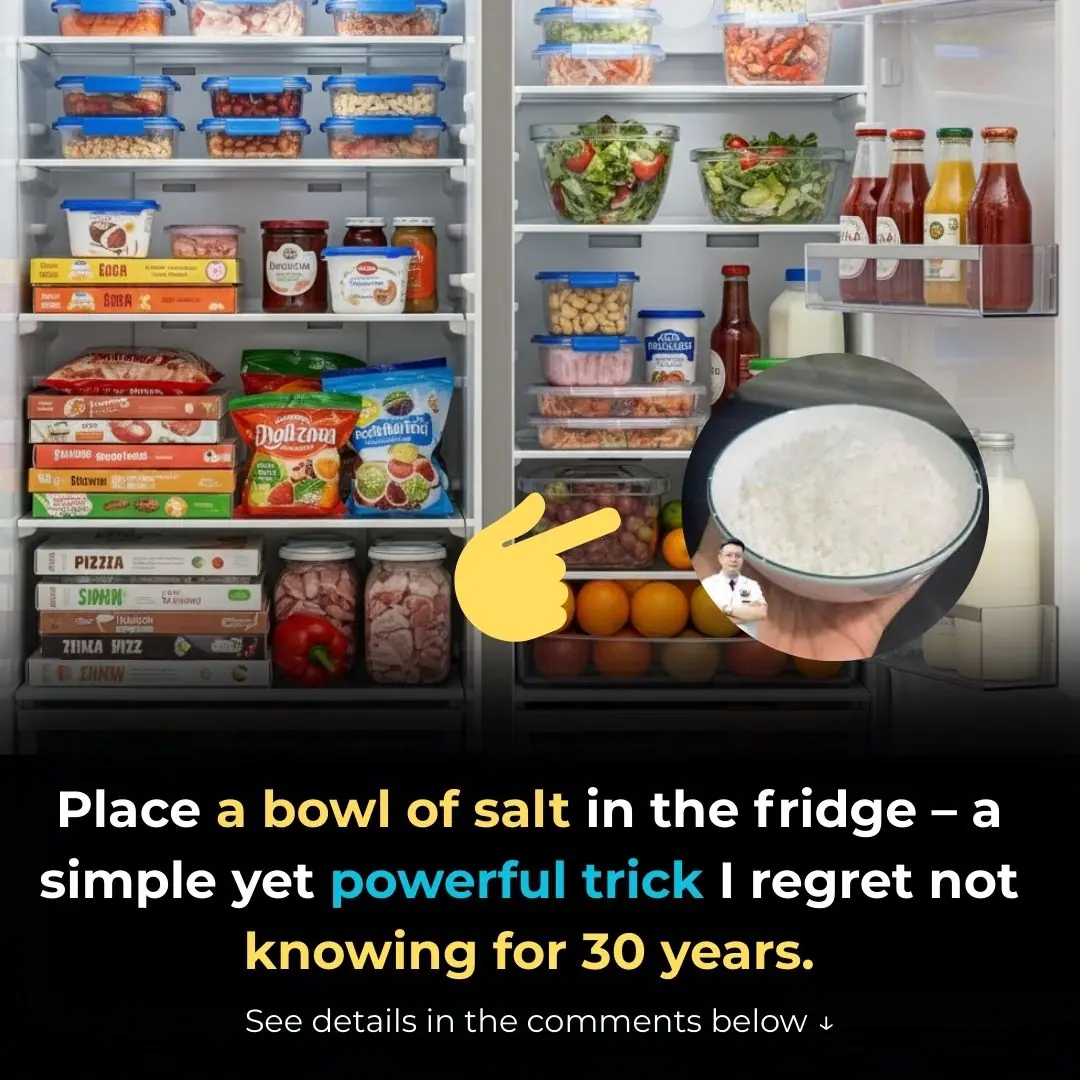
A small but effective tip
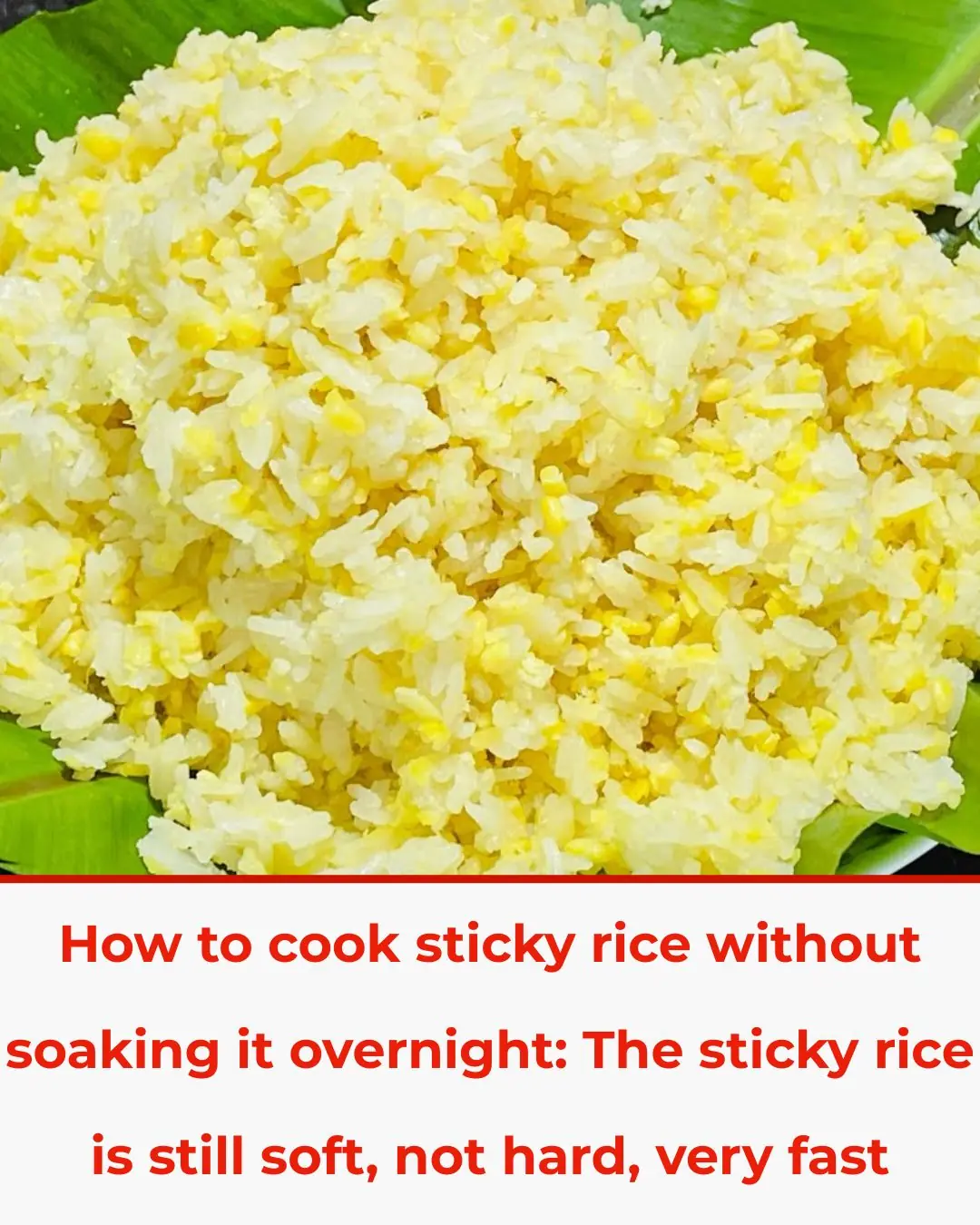
How to Cook Sticky Rice Without Soaking Overnight: Soft, Chewy, and Super Fast

How to Unclog a Sink Drain Without Calling a Plumber

Add a few drops of essential oil to the water used to clean the floor. Knowing the benefits, every family wants to follow suit.

Put garlic at the bedside, its "golden" uses, anyone who reads this will want to try it.
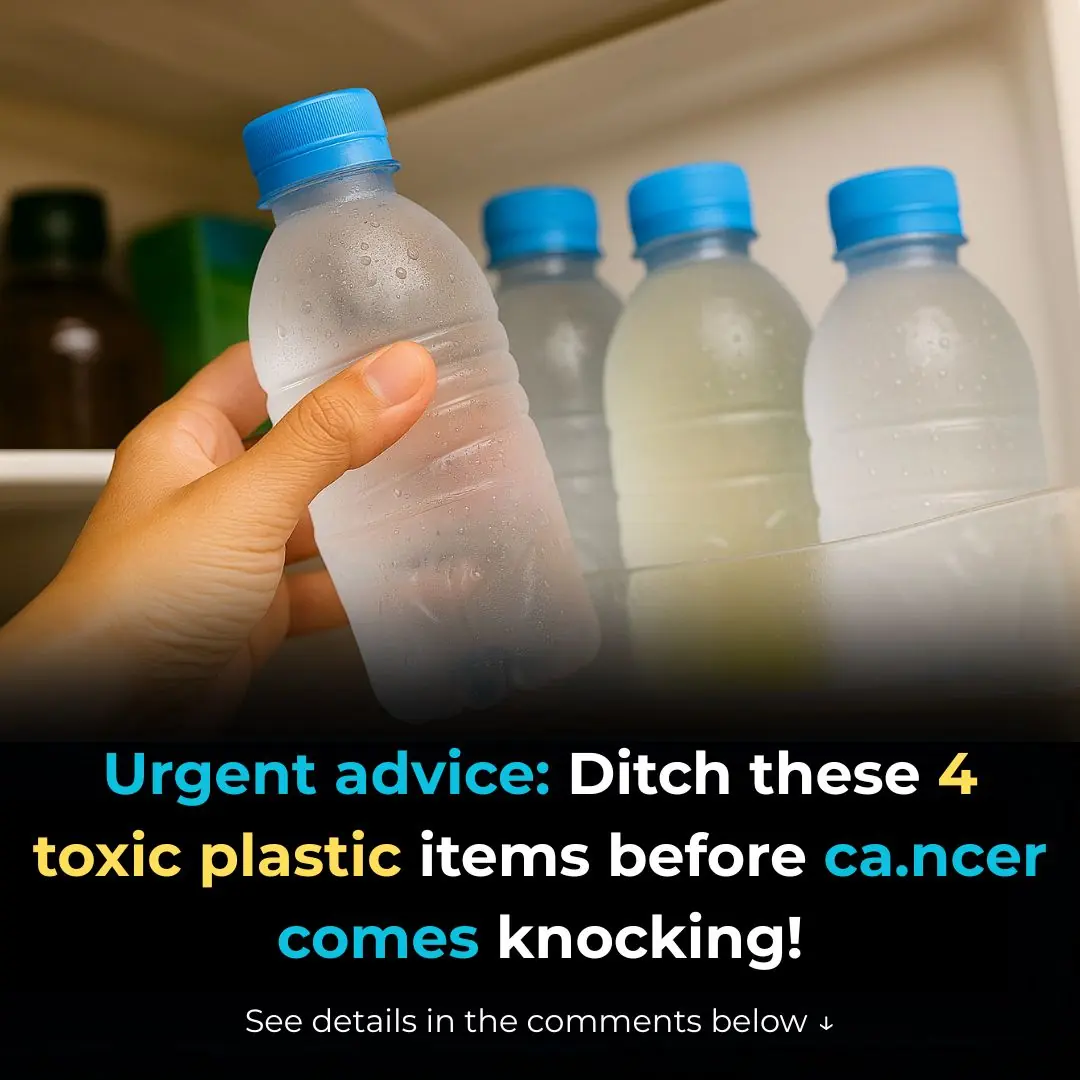
4 toxic plastic items
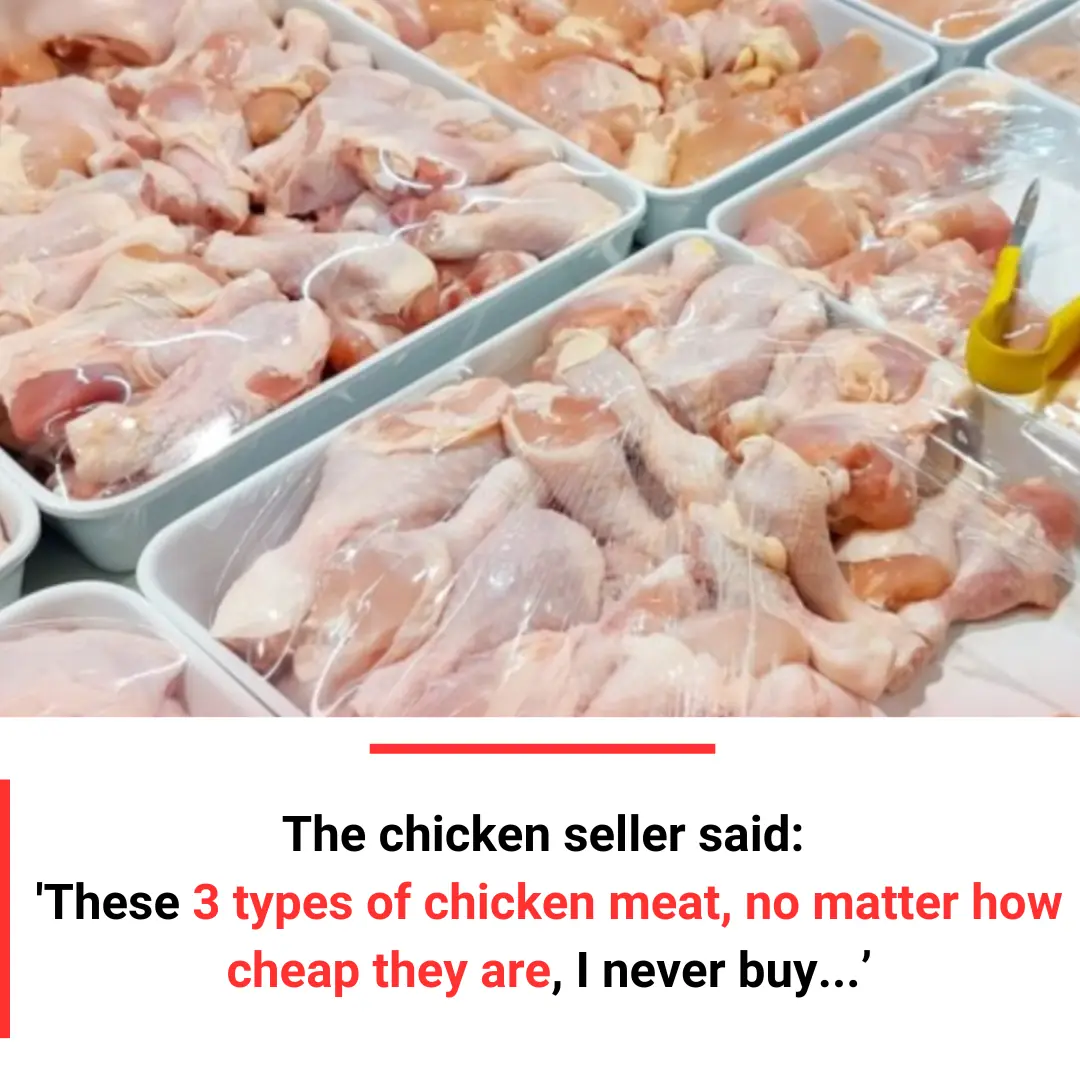
The Chicken Seller Said: "These 3 Types of Chicken Meat, No Matter How Cheap They Are, I Never Buy..."

Hanging a Towel on the Door Handle Before Bed: Unexpected Benefits That Few People Know
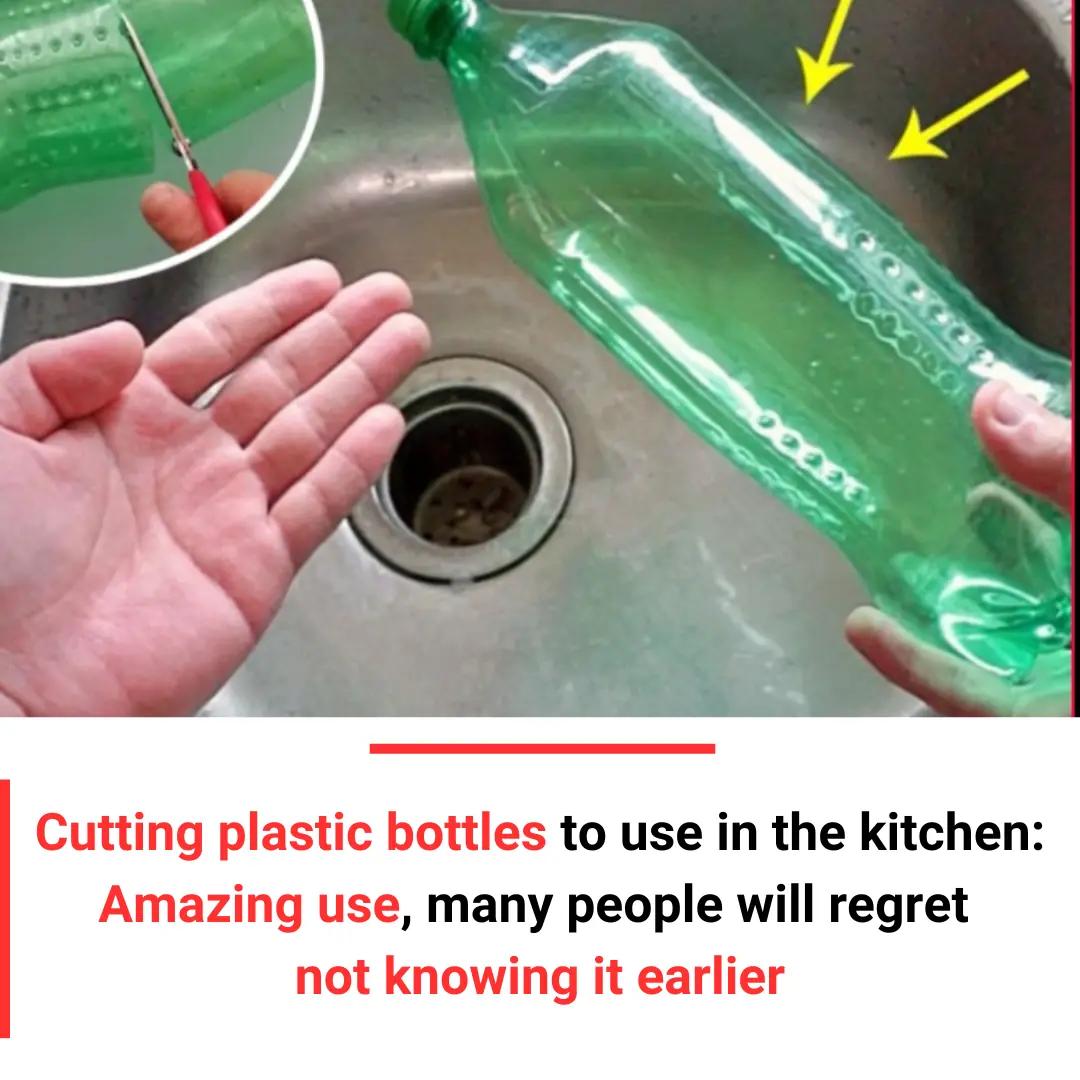
Cutting Plastic Bottles for the Kitchen: Amazing Uses You’ll Wish You Knew Sooner
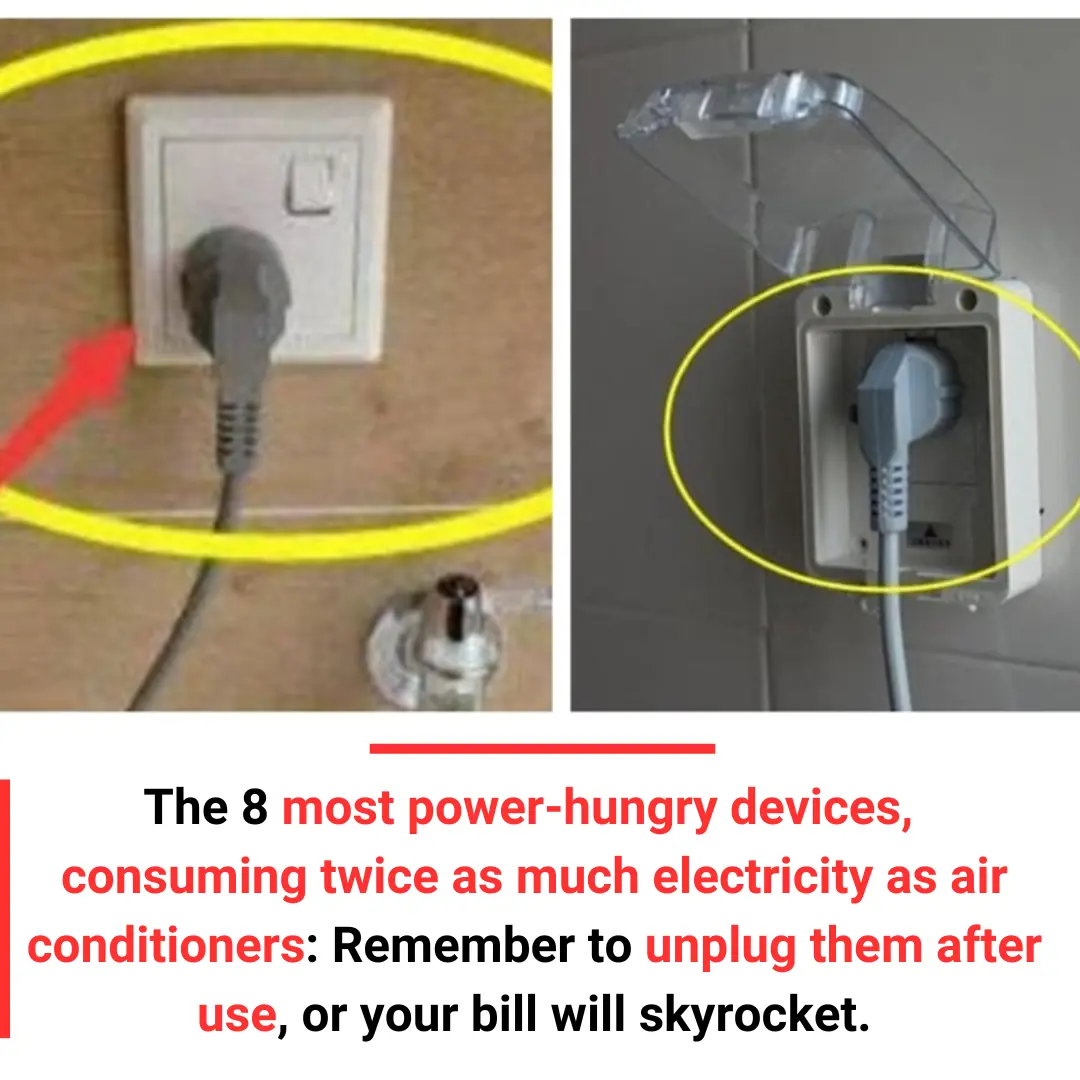
The 8 Most Power-Hungry Devices: Unplugging Them Can Save You More Than You Think
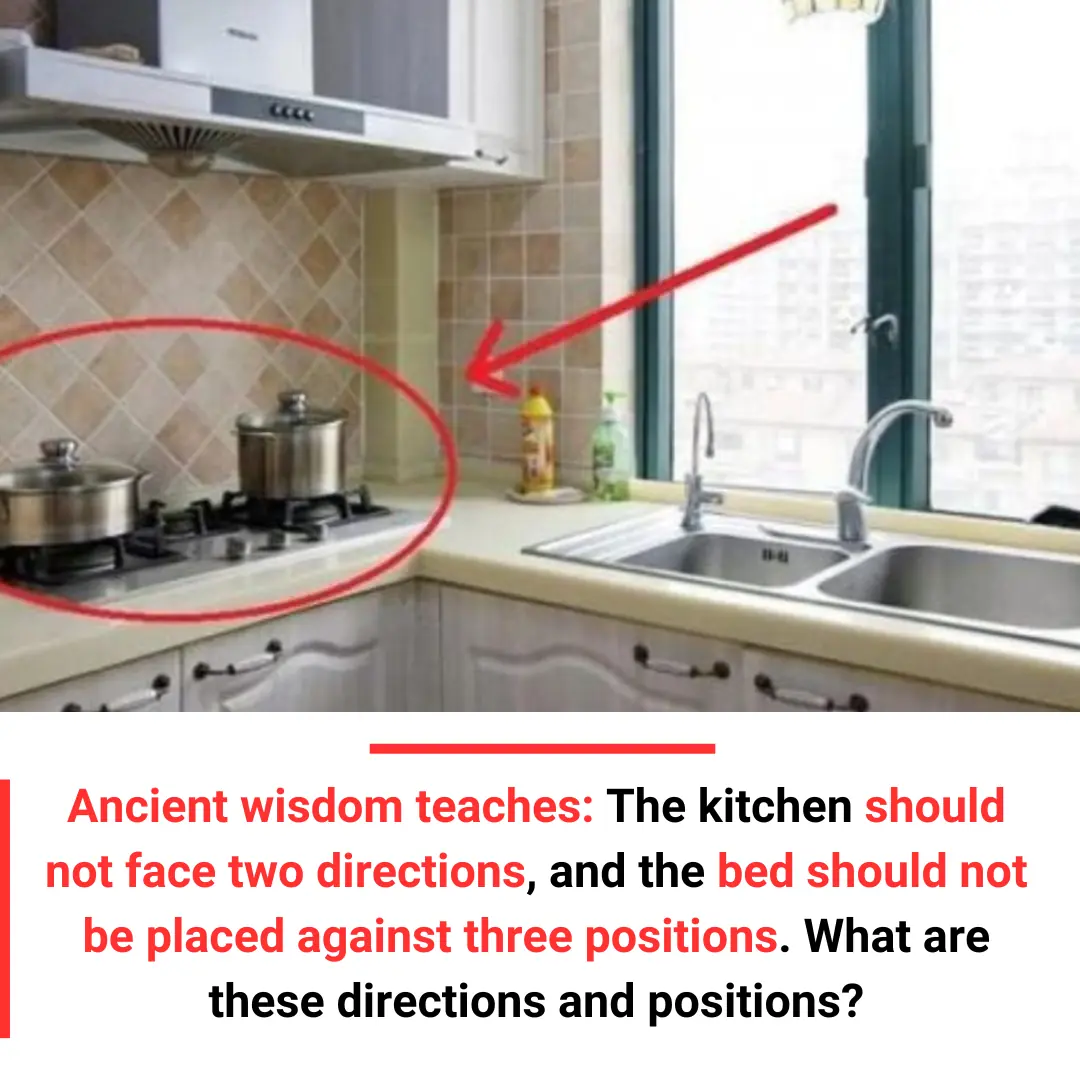
The Ancient Wisdom: Kitchen Directions and Bed Placement in Feng Shui

What should you do if someone has a stroke?
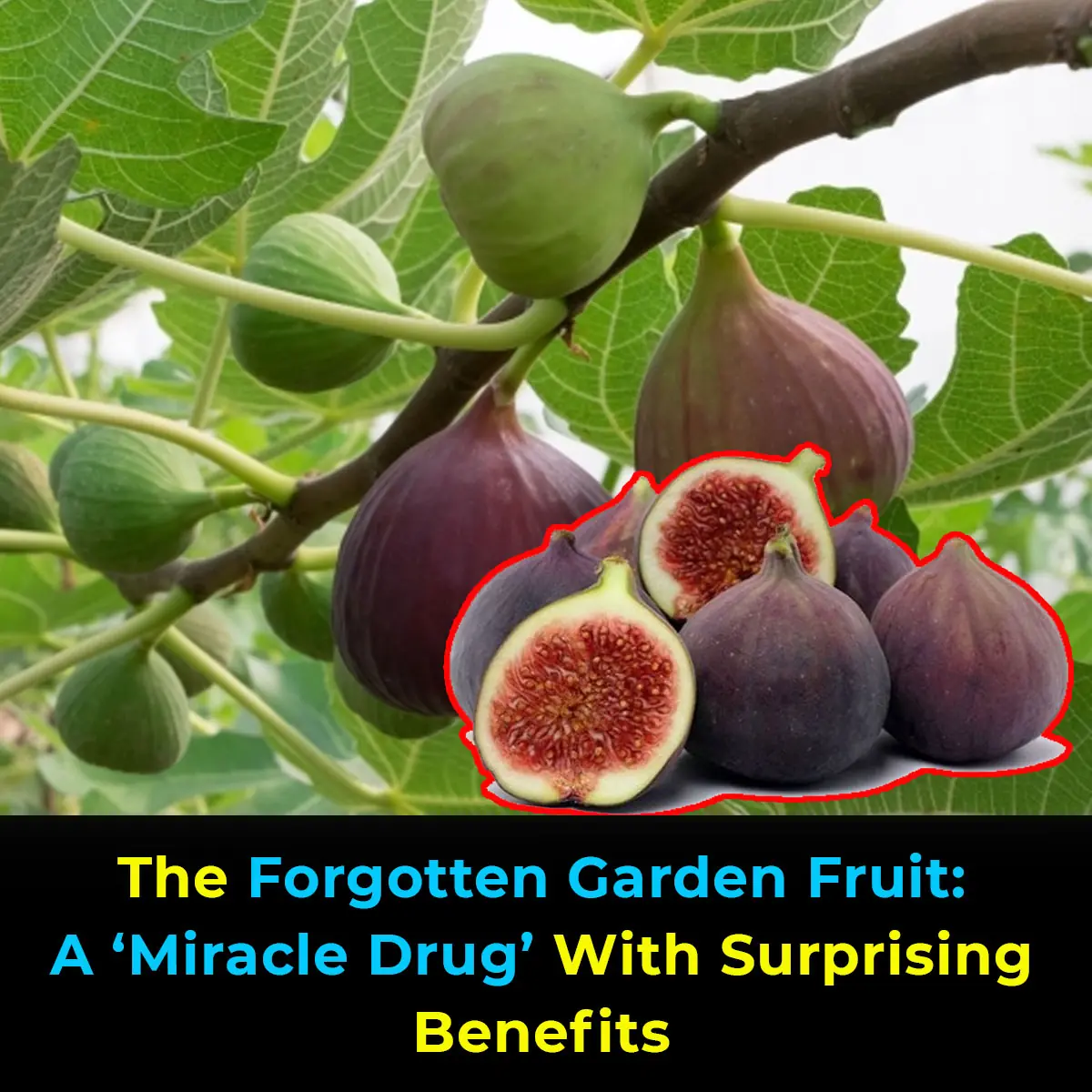
What You Need to Know About the Nutritional Value of Figs
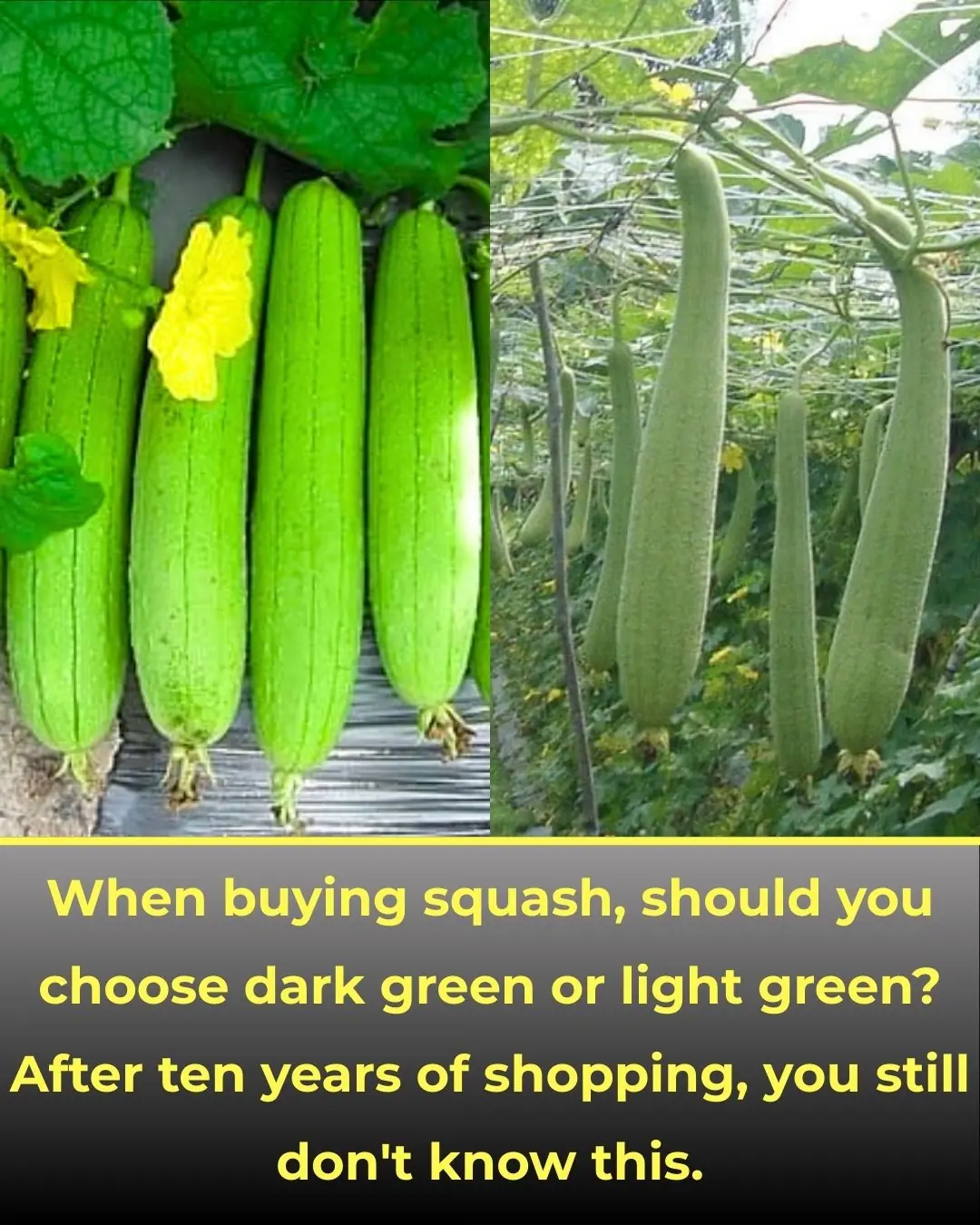
When buying loofah, should you choose the dark green or light green ones for better taste? Many people who have been shopping for years still don't know this.

Two quick and easy ways to wash yellowed pillow fillings, instantly turning them bright white like new.
News Post

There’s a “Hidden Switch” on Your Water Heater: Using It Properly Can Make It Last Over 10 Years

There’s a Hidden Button on Your Air Conditioner Remote: Turning It On Can Cut Your Monthly Electricity Bill in Half — Don’t Miss Out If You Don’t Know!
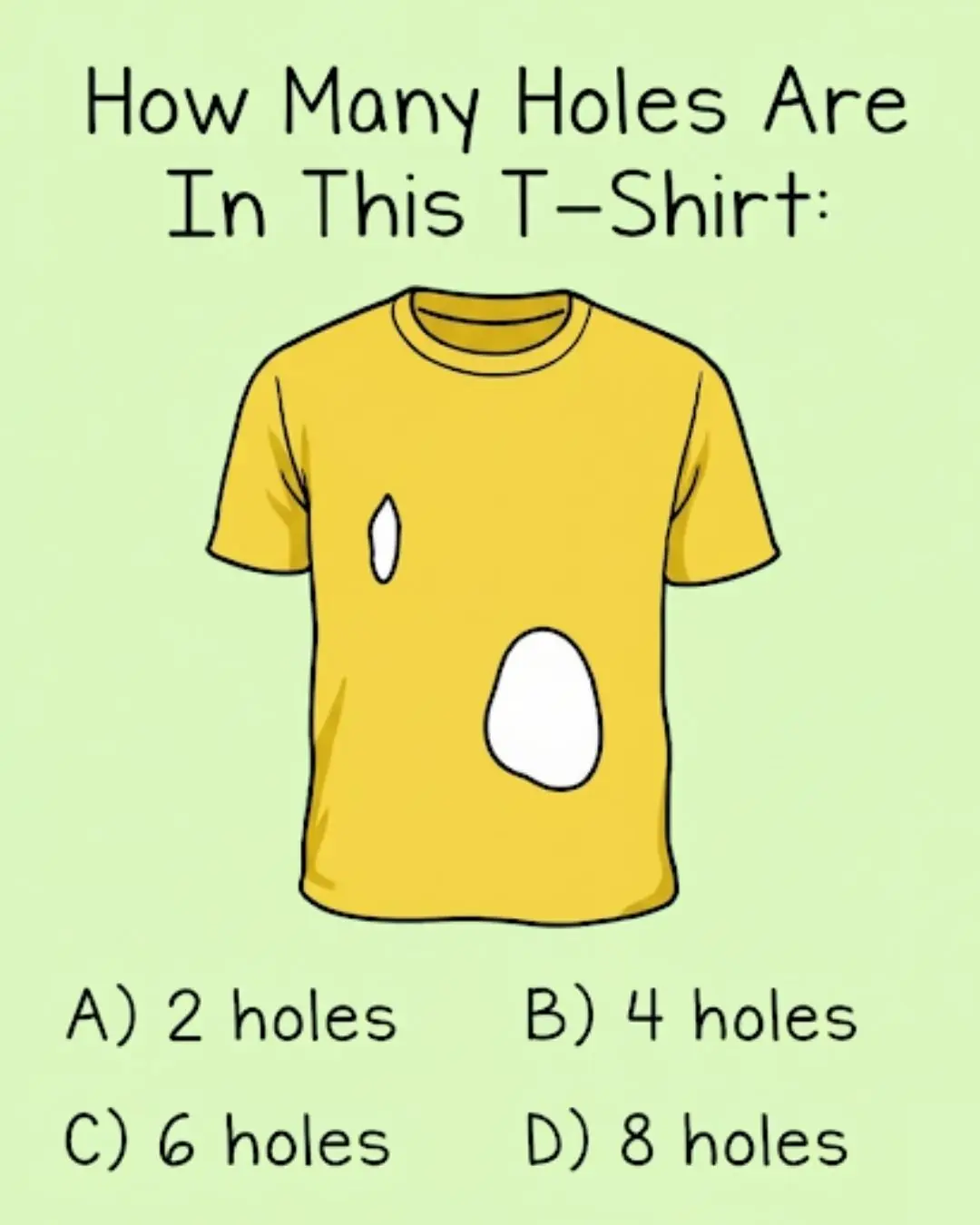
Simple T-Shirt Image Is Driving the Internet Crazy

Great hacks every family needs
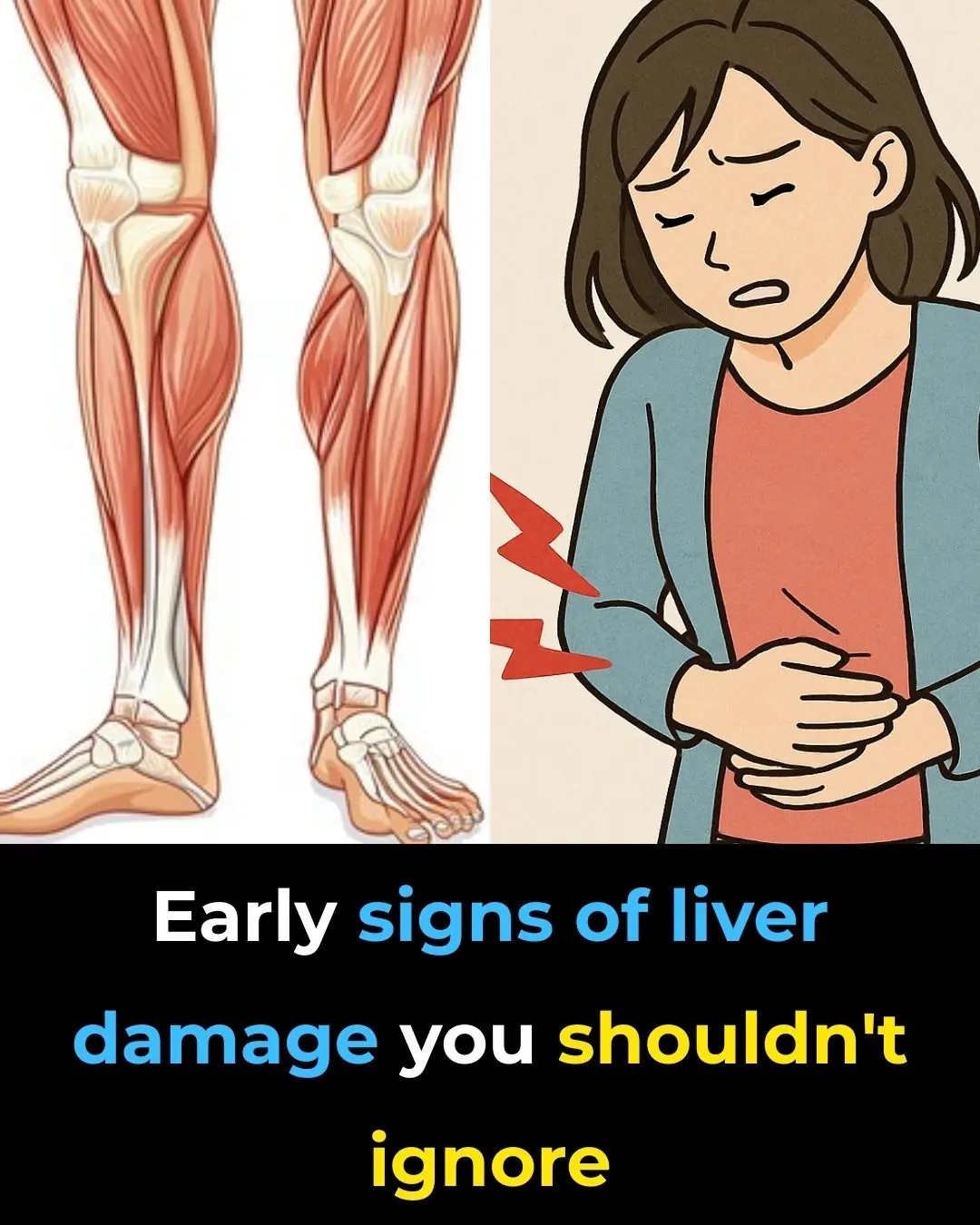
Early Signs of Liver Damage & How to Strengthen Your Liver
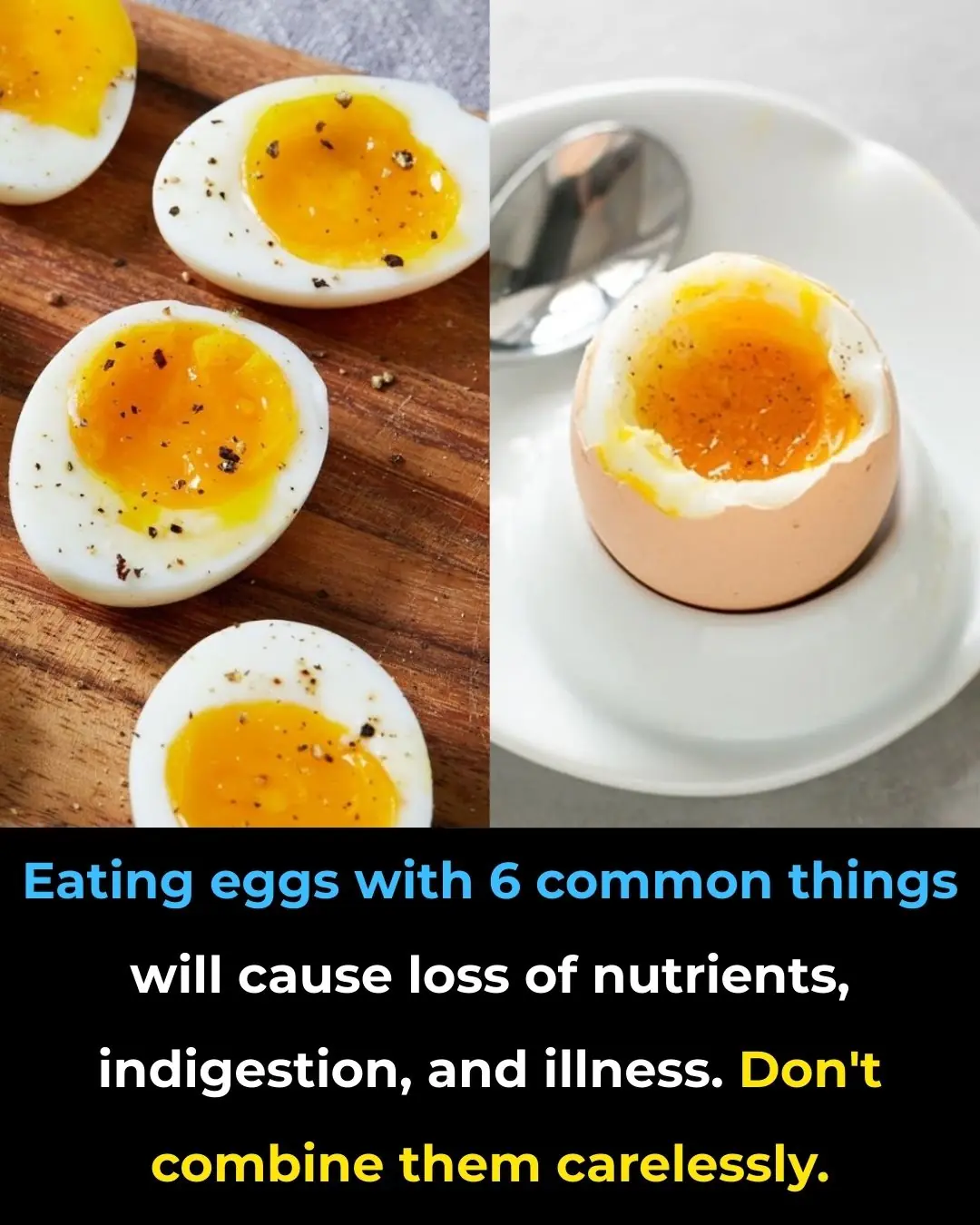
6 Foods You Shouldn’t Eat With Eggs

Cardiologist Reveals the #1 Exercise to Prevent a Heart Attack
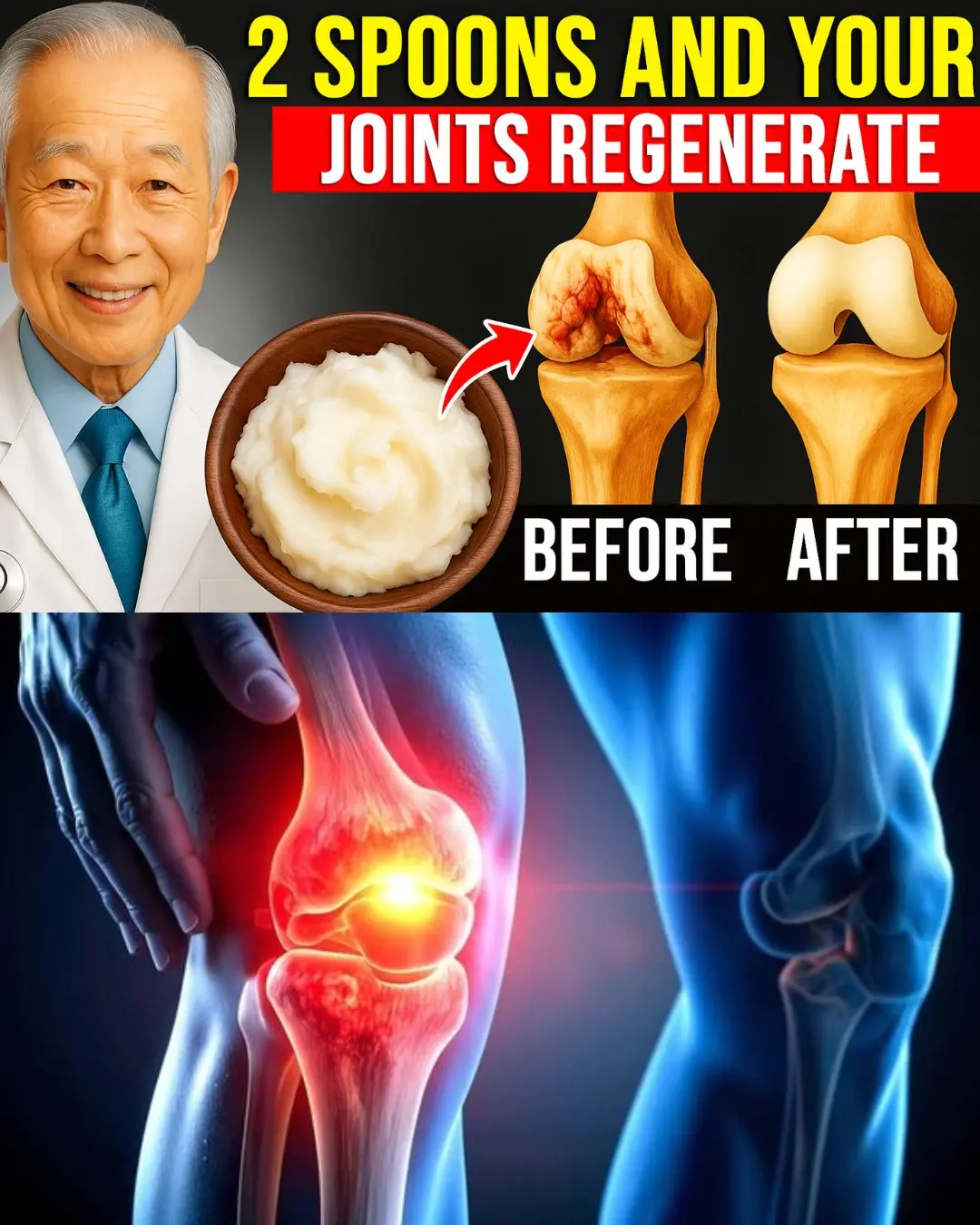
Boost knee cartilage with this simple but powerful drink

A small but effective tip

How to Cook Sticky Rice Without Soaking Overnight: Soft, Chewy, and Super Fast

How to Unclog a Sink Drain Without Calling a Plumber
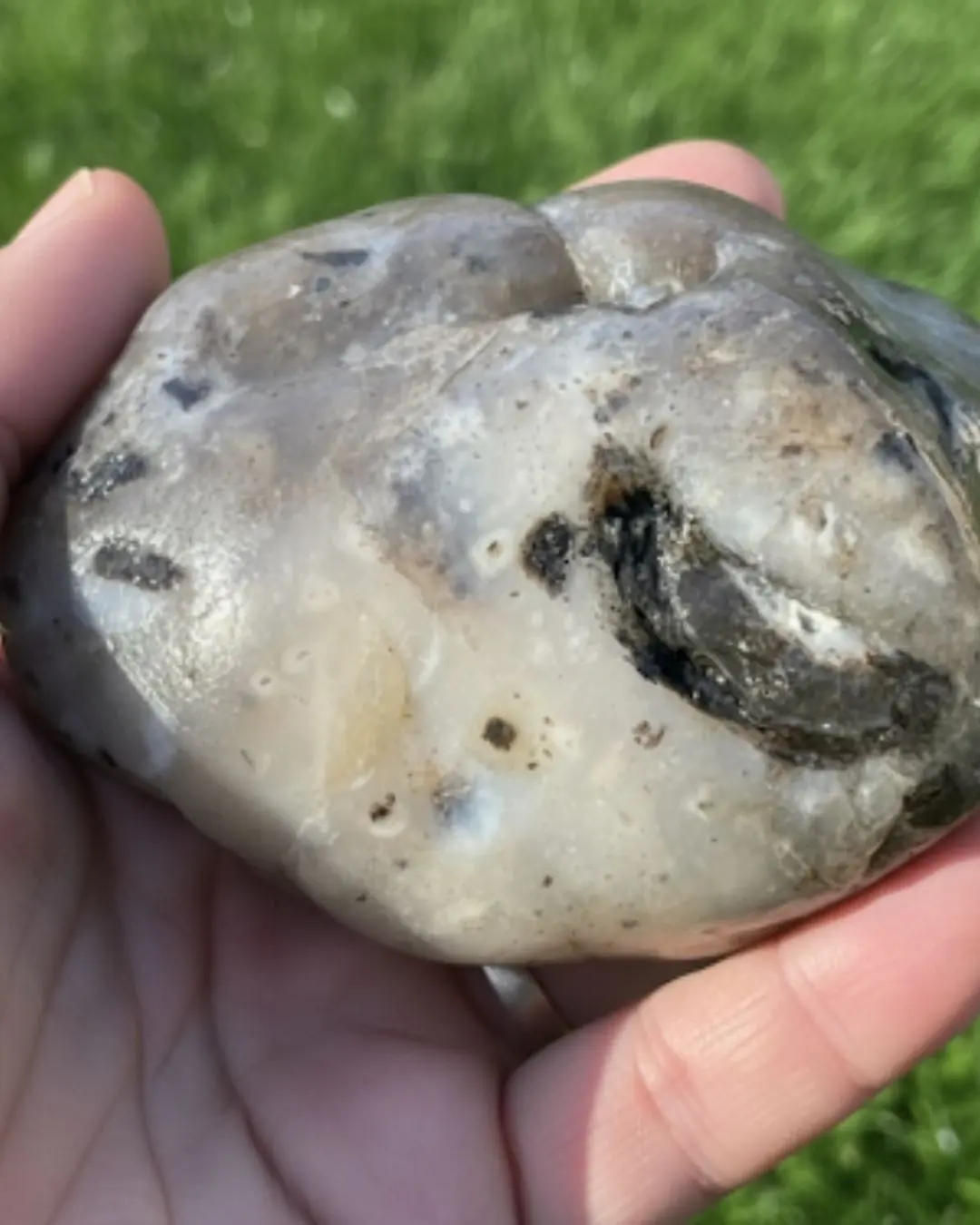
Couple’s Walk Leads to a Rare $70,000 Ambergris

Woman Experiences Intense Leg Pain, Discovers She Has a Rare Ancient Disease Once Called ‘Holy Fire’

Homemade Baking Soda Cream: Say Goodbye to Wrinkles and Dark Spots

Goodbye, Blood Sugar! A Simple Natural Drink That Helps Balance Glucose Levels

Tomato Benefits for Skin – Rub Tomato Slice on Face

Science Reveals How This Physical Trait May Indicate Narcissism

Nighttime Habits That Increase Your Risk of Stroke
